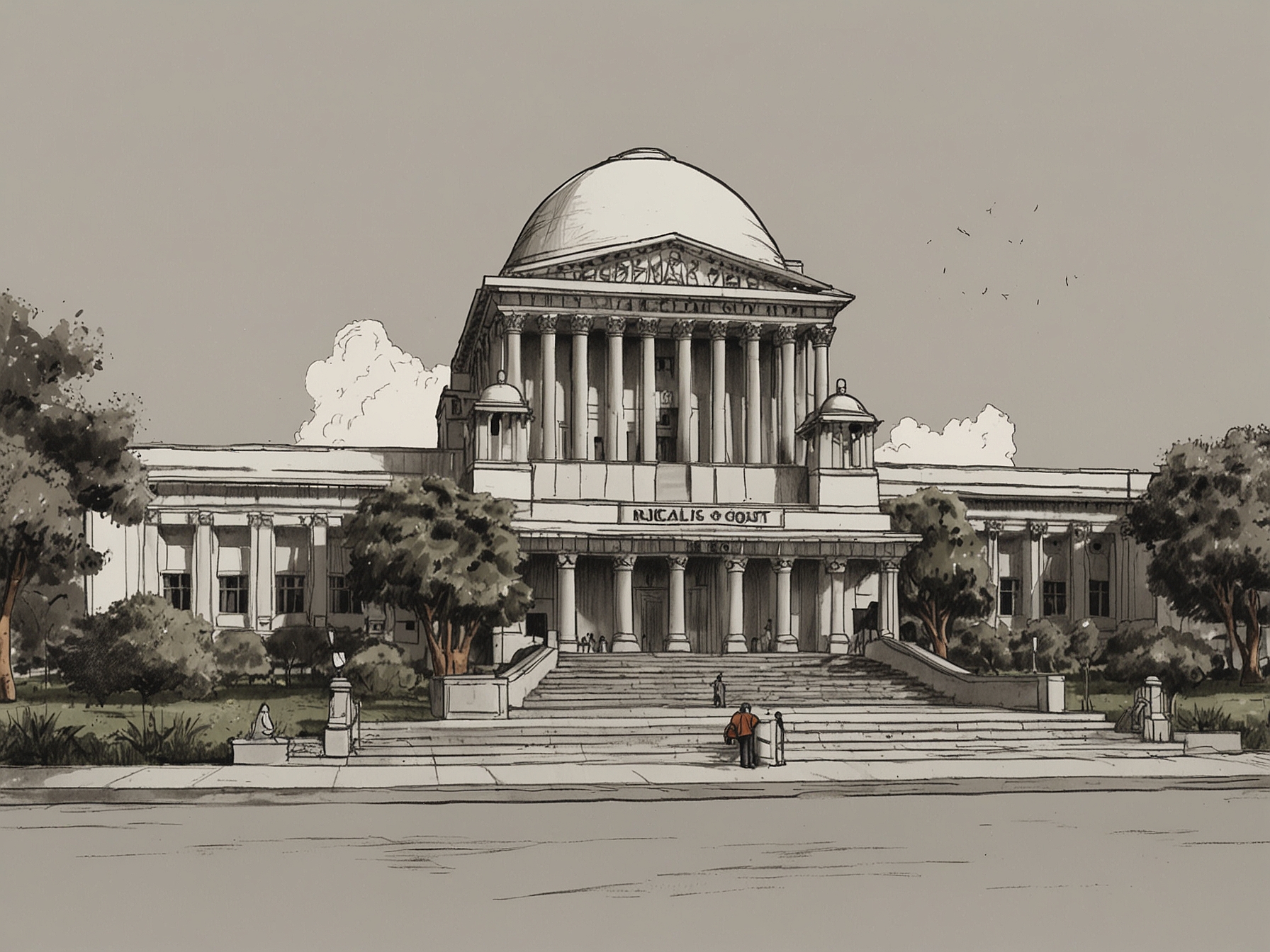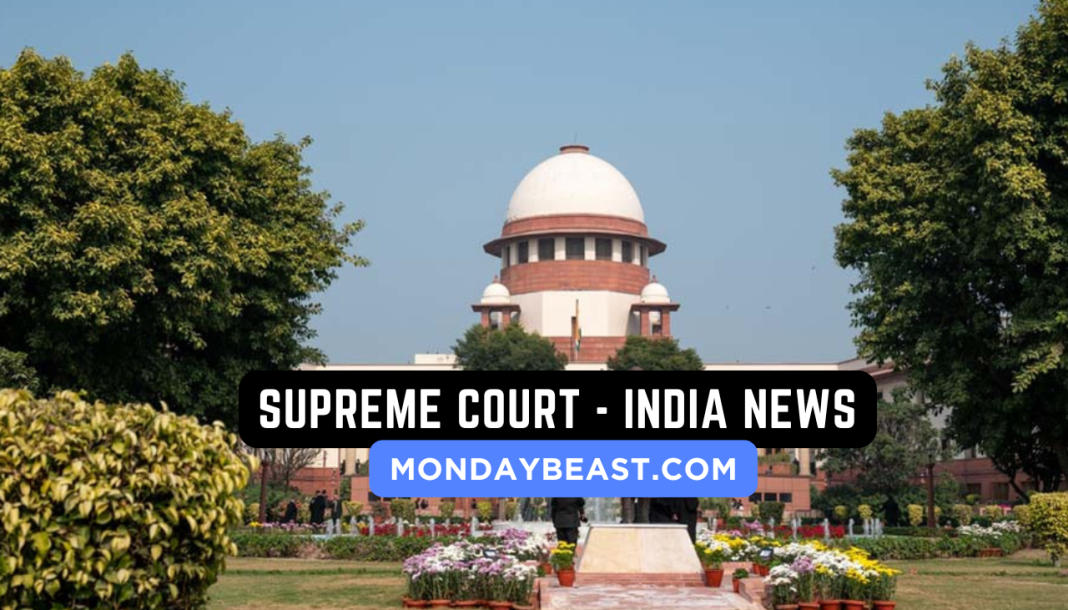In a significant ruling, the Supreme Court of India recently dismissed pleas against the terms ‘socialist’ and ‘secular’ in the Constitution’s Preamble. The case sparked dynamic discussions about foundational values. For citizens, its implications run deep.

The Chief Justice of India, Sanjiv Khanna, stated that the petitions do not merit a detailed hearing. He emphasized the historical context, referencing the 1976 amendment that introduced these terms. This decision occurred after hearing arguments from prominent figures, including former MP Subramanian Swamy.
So, why do these words stir debate? Are ‘socialist’ and ‘secular’ still relevant for modern India? Perhaps they hold significant meaning in a country grappling with diversity and economic disparity.

Citizens feel the weight of these ideals, and reactions vary widely. The case echoes the ongoing conversation about identity and governance. It asks us to reflect: Do we truly understand our Constitution?
Or have we let political viewpoints obscure its original intent? The notion of retrospective arguments raises another layer of complexity, suggesting that all amendments could come under scrutiny. For many, the Preamble embodies collective aspirations.

For some, it represents a framework for social equity. What happens when these ideals clash with personal beliefs? The Court’s dismissal offers closure but not resolution.
Citizens continue to navigate these challenging waters, questioning the balance between individual rights and collective good. In this evolving landscape, the decision to dismiss the pleas highlights a crucial moment.
It challenges us to consider the enduring relevance of these values in shaping national identity. The implications extend beyond the courtroom, influencing how we engage in civic life. To understand the Preamble fully is to engage in a national dialogue that embraces differences while seeking common ground.




